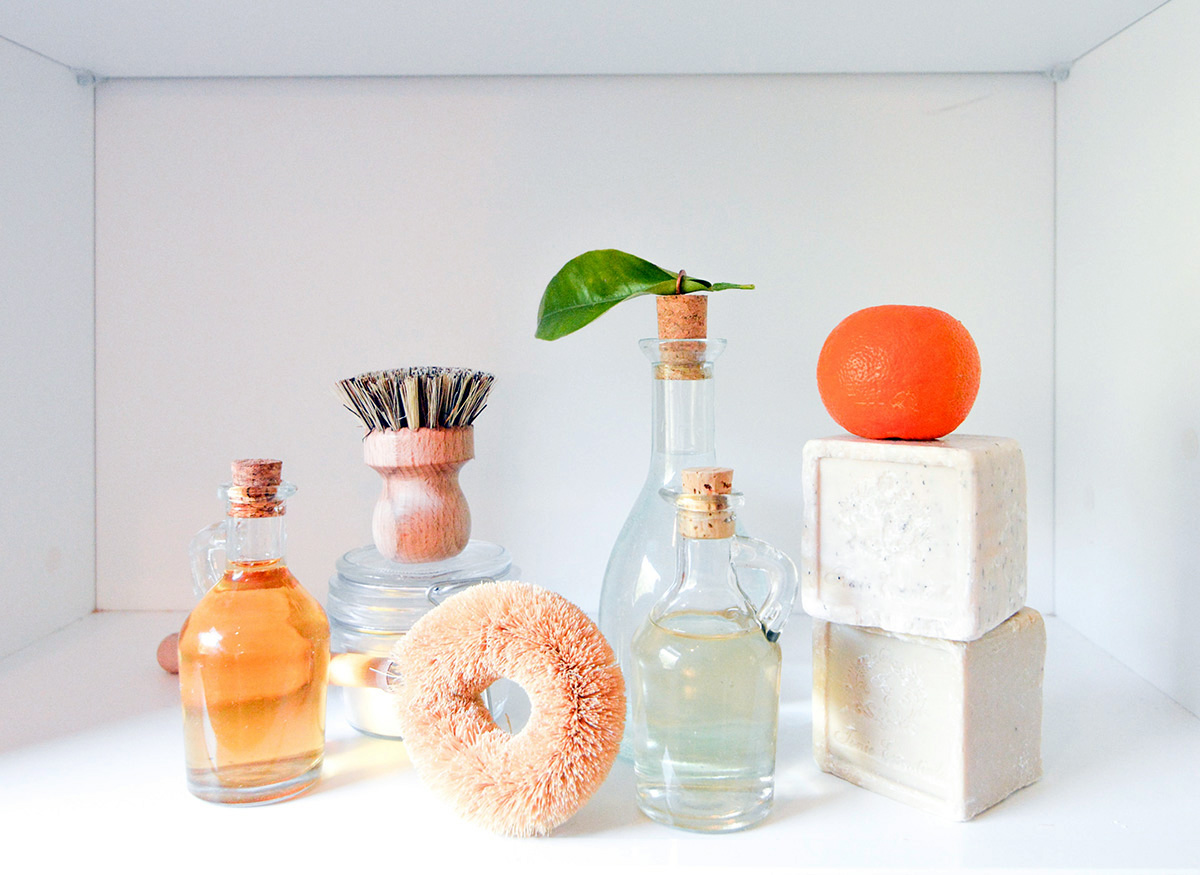
In recent years, a growing awareness of environmental issues and the desire for more ethical consumption has sparked a significant shift in the beauty industry. As a result, consumers are actively seeking out sustainable beauty products that not only enhance their appearance but also align with their values.
The rise of sustainable beauty is a reflection of a changing consumer mindset, as many are becoming more mindful with their purchasing decisions. More and more consumers are taking the time to research the environmental impact and safety of the beauty products they purchase, and are actively seeking out brands that prioritize sustainability. Shoppers are now placing more importance on ethical sourcing, safe ingredients, conscientious manufacturing practices, and environmentally-friendly packaging when choosing brands to buy from.
Clean beauty practices support the use of ingredients derived from nature, often sourcing plant-based or naturally occurring substances like botanical extracts, essential oils, and minerals. This allows brands to deliver products that are free from potentially harmful substances, thus ensuring the well-being of consumers’ skin.
Buyers should steer clear of brands that use harmful ingredients such as formaldehyde, parabens, and other elements that can negatively impact hormones and the body. Not only are they potentially harmful to the user, but common ingredients such as phosphates can contaminate water systems and lead to dead zones in bodies of water.

Sustainable beauty goes beyond natural ingredients; it encompasses responsible sourcing and production methods. Many conscientious brands are shining a light on ethical sourcing by collaborating with local communities and advocating for fair trade practices. This methodology guarantees that ingredients are acquired in a way that upholds human rights, advocates for sustainable farming methods, and protects biodiversity.
A rising concern in the beauty industry has been the ethical implications of animal testing for their products. For a long time, animal testing has been utilized to determine the safety and effectiveness of products, which can cause animals stress and harm. However, due to consumer boycotts and increased awareness, the beauty community has been globally transitioning towards alternative testing methods that do not involve animals.
The beauty industry has also historically been associated with excessive packaging and single-use plastics. With growing awareness of environmental concerns, sustainable beauty is challenging this paradigm by advocating for packaging solutions. Many brands are turning to recyclable, biodegradable, and refillable packaging options, reducing the environmental impact of their products. For example, Milk Makeup has committed itself to becoming a low-waste brand by switching to packaging that is more environmentally friendly. As of 2021, they have relaunched many of their products to include refillable cartridges, reducing plastic waste by up to 60%.
Many beauty brands have also begun creating brushes and beauty tools made from sustainable materials like bamboo, recycled plastic, or natural fibers. Bamboo products have become increasingly popular due to their durability, longevity, and more environmentally-friendly nature, making them an excellent substitute for cheap plastic alternatives.

Sustainability in the beauty industry has quickly gained popularity thanks to the influence of social media and the rise of influencer culture. Platforms such as Instagram and TikTok have become significant channels for sharing information, inspiration, and advocacy for this industry-wide shift. One of the key ways social media impacts individuals to choose sustainable beauty is through education and awareness. Influencers showcase visually appealing content featuring eco-friendly beauty products and zero-waste routines, encouraging viewers to be more conscientious of their purchasing decisions.
Brands and big corporations alone cannot create an environmentally friendly, zero-waste industry. This is why consumers are encouraged to take steps in their daily lives to contribute to sustainability, in addition to making smart brand choices. An easy approach to cutting down on consumption and reducing landfill waste is to maximize the use of what you already own. This means using a product in its entirety before purchasing a replacement or similar item. Additionally, fully utilizing an item makes it simpler to recycle it properly.
The goal to eliminate as much waste as possible means consumers should also consider how they can avoid single-use products. Small changes in daily habits can make a significant impact, like switching to reusable makeup remover pads rather than buying makeup wipes.

However, the most effective way to cut down on waste is to eliminate the use of plastics. Sustainability refill shops, also known as zero-waste or bulk stores offer a great opportunity to transition to a low-waste lifestyle. Stores such as Luxe Refill aim to reduce single-use plastic and unnecessary packaging by encouraging customers to bring their own containers for refilling, which they can fill from large dispensers or containers available in-store. This approach also eliminates overconsumption and waste as individuals can get the exact amount they need.
Another alternative to plastic packaging is is by turning liquid products into solid ones, like with shampoo bars or solid cleansers. A single shampoo bar can last for up to 80 washes, which is equivalent to using two or three bottles of liquid shampoo. Using solid products also eliminates the need for plastic bottles, as they can be wrapped in recyclable paper or beeswax, and the entire product can be used up easily.
Embracing sustainable beauty practices requires a committed lifestyle change. This commitment can involve substituting fan-favorite products with sustainable alternatives, selecting clean ingredients, or even creating homemade beauty products. By adopting sustainable beauty practices, individuals actively contribute to a healthier planet and promote a more environmentally conscious way of life.
Article by Jillian Tkaczyk for The Untitled Magazine


